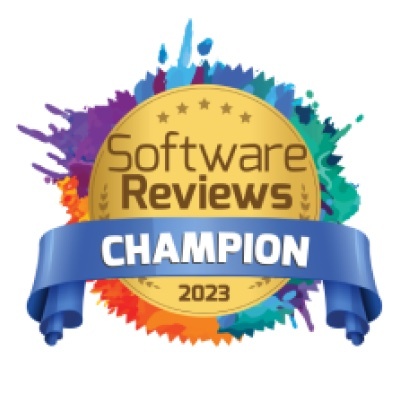A data catalog is a solid step toward making your company a data-first, data-enabled organization, with data intelligence open and accessible to users on all levels.
A data catalog leverages the metadata about an organization’s entire body of data assets to create entries that concentrate all relevant information about a data asset in one place. Each entry includes definitions, descriptions, ratings, responsible individuals, and more, making it simple to search for and identify the data assets you need for any given purpose.
Data catalogs provide the following benefits:
Clearly defined data
No more confusion about what data assets represent. The essence of an enterprise data catalog is the definitions of the assets. Powerful and intuitive search functionality makes finding and understanding any data asset within the reach of any user.
A single, coordinated source of truth
Multiple source systems or siloed data can often lead to inconsistencies in how data assets are used or what they mean. By bringing the information about your data assets together in one platform, the creation of a data catalog can iron out the inconsistencies, and ongoing management will keep it consistent and coordinated. When a data catalog is automated, it can both create and update itself, minimizing human involvement in the data catalog management.
Easily accessible information about data use and accuracy
With most organizations exploding with data, finding a data asset to use for analytics or reporting isn’t the problem; it’s picking out the right data assets for the job at hand. Good data catalogs include usage statistics as well as user ratings and reviews, simplifying your decision.
Preserved tribal knowledge
When a data catalog contains collaborative tools, enabling users to communicate about data assets within the catalog entries, this communication is concentrated in a known place and preserved for the future. This saves future users time (no need to track down someone who can answer your question; the question was asked two years ago, and it and its answer are still right there!), and in some cases may be the only way a user could get an answer (for example, if the original subject matter expert is no longer with the organization).


